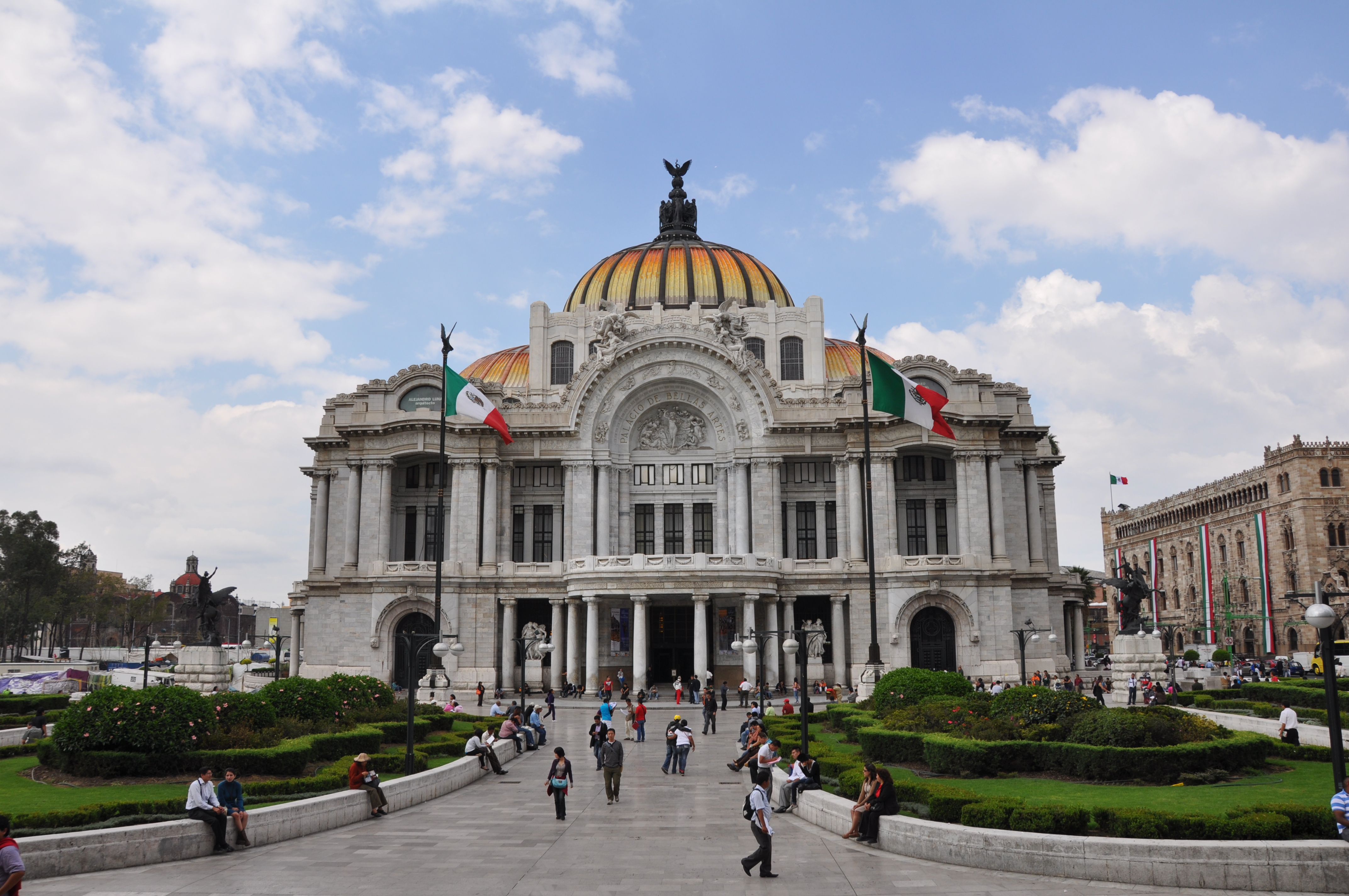On 17 February 2023, and pursuant to its obligations under the United States-Mexico-Canada Agreement (USMCA), Mexico’s Ministry of Economy published in the Federal Official Gazette the much-anticipated Administrative regulation that sets forth the goods which importation is subject to regulation by the Ministry of Labor and Social Welfare (Forced Labor Regulation), which prohibits the importation of goods produced with forced labor. Once Mexico’s Forced Labor Regulation becomes effective on 18 May 2023, all three members of the USMCA trade block, Mexico, Canada, and the United States, will have prohibitions and restrictions on the importation of goods made with forced labor.
The Mexico Ministry of Labor and Social Welfare has announced that it will carry out an estimated 42,000 inspections in 2023. The inspections carry the possibility of significant fines and penalties issued on per employee/ per violation. It is imperative for employers to train personnel and response teams on best practices for managing potential inspections and mitigating risk, including maintaining all necessary information and documents that must be supplied during an inspection.
In this Quick Chat video our Labor & Employment lawyers along with the Managing Partner for Baker McKenzie’s Mexico offices discuss the inspection program and provide tips to help employers prepare.
The Investigating Authority of the Federal Economic Competition Commission published on 2 March 2023, the notice of initiation of an investigation for alleged horizontal monopolistic practices, also known as cartel practices, consisting in agreements between competitors to coordinate their bids in tenders by the Mexican Public Health sector to acquire radiological equipment and related products. Cartel Practices in the public health sector have been consistently considered by COFECE as a serious offense, as such acts have a direct impact on the number and quality of medical supplies purchased with public resources by government institutions for the care of the population.
On 8 March 2023, the Government Body of the National Hydrocarbons Commission published in the Federal Official Gazette Resolution CNH.E.89.010/2022 containing Guidelines for Assignments, Corporate Changes and Liens applicable to Contracts for the Exploration and Extraction of Hydrocarbons.
Download Baker McKenzie’s latest “Doing Business in Mexico” publication, which looks at foreign investment law, competition law, IMMEX, the Maquiladora Program, company law, taxes, international trade, labor law, the environment, intellectual property, and real estate.
Join Baker McKenzie for a webinar on Forced labor developments in Mexico, Canada and the United States on Thursday, 23 March 2023 from 10:00 am – 11:00 am Central Time. In this webinar, the panelists will discuss Mexico’s implementation of the new Forced Labor Regulation, Canada’s implementation of supply chain transparency legislation, US forced labor enforcement trends, customs forced labor best practices and supply chain due diligence recommendations.
After much anticipation since the United States-Mexico-Canada Agreement entered into force, on 17 February 2023, the Ministry of Economy published in the Federal Official Gazette an administrative regulation that sets forth the goods, which importation of is subject to regulation by the Ministry of Labor and Social Welfare, which prohibits the importation of goods produced with forced labor.
After much anticipation since the United States-Mexico-Canada Agreement entered into force, on 17 February 2023, the Ministry of Economy published in the Federal Official Gazette an Administrative regulation that sets forth the goods which importation is subject to regulation by the Ministry of Labor and Social Welfare, which prohibits the importation of goods produced with forced labor. The Forced Labor Regulation, which will become effective on 18 May 2023, implements the obligation included in the USMCA to prohibit the importation of goods produced in whole or in part by forced or compulsory labor, including forced or compulsory child labor
11 March 2023 will mark the entry into force of Mexican Official Standard NOM-001-SEMARNAT-2021, that establishes maximum allowable limits for pollutants in wastewater discharges into national receptive bodies. This standard, substitutes NOM-001-SEMARNAT-1996.
On 30 November 2022, Legislative Decree Number 111 was published in the Official Gazette of the Government of the State of Guanajuato.
The Decree, which came into effect 1 January 2023, added “Ecological Taxes for Environmental Remediation,” to the Finance Law for the State of Guanajuato under Chapter Eight, Title Two and established three ecological taxes
![North America: Forced Labor Developments in Mexico, Canada and the United States [Webinar]](https://www.globalcompliancenews.com/wp-content/uploads/sites/43/2023/03/trade-1-770x515.jpg)


